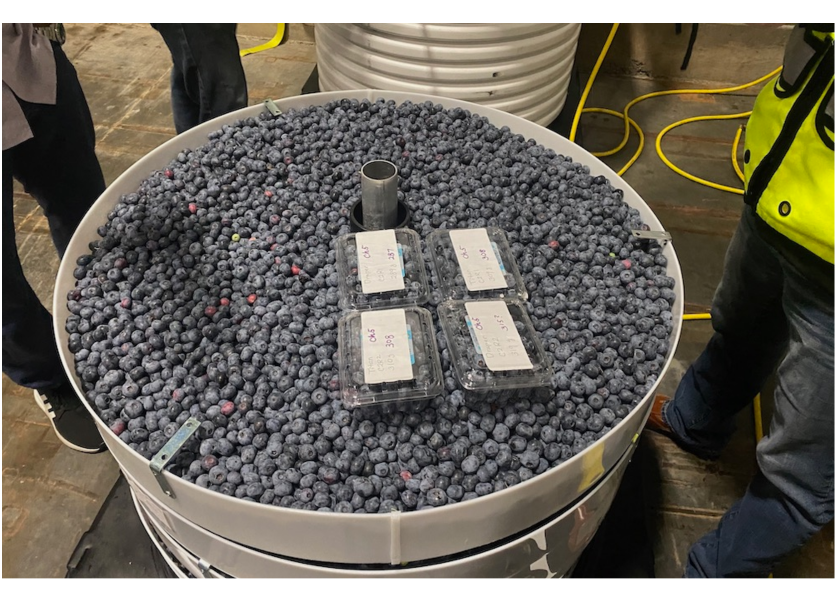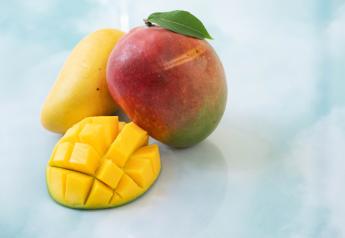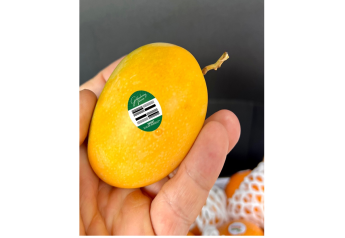RipeLocker containers designed to extend produce shelf life

Seattle-based RipeLocker, a company that specializes in extending the shelf life of perishables, recently completed a test in which organic blueberries were stored in one of its containers for eight weeks.
The berry grower, Wapato, Wash.-based Blueberry Hill, reported that they were “pristine” after the two-month storage period, according to a news release.
The low-atmosphere RipeLocker containers are used for storing and shipping fresh produce and flowers, and are reusable. The company leases the containers on an annual basis, and trials for berries, pomegranates, cherries, papayas and other items have been successful, according to the company.
“We have seen excellent results in our efficacy trials, including this one with Blueberry Hill, and are confident we will soon become the preferred container for storing and shipping perishables around the world,” RipeLocker CEO and co-founder George Lobisser said in the release. “In addition, the ultra-low oxygen and pressure environment of our RipeLocker containers makes them perfect for organics.”
Blueberry Hill stored organic blueberries in six pallet-sized containers for the trial. Based on the results, the company plans to lease containers this summer. The company owns Sorbatto Fresh, a packing and storage facility for about 20 Washington state blueberry growers.
The containers will allow Sorbatto Fresh to extend its marketing window.
“We were extremely pleased with the pristine quality of the blueberries that had been stored in the RipeLocker containers for eight weeks,” Jeff Weijohn, owner of Blueberry Hill. “They looked like they came right out of the field. After seeing such great results, we quickly signed up to lease the RipeLocker containers as we anticipate a strong ROI from using them.”
RipeLocker Tech
RipeLocker containers use a patented system to regulate atmospheric pressure, humidity and composition of oxygen and CO2, suppressing the growth of pathogens that lead to decay, according to the release. They also allow growers to treat produce with organic fungicide to kill pathogens.
Users can regulate internal pressure and oxygen/CO2 levels to optimize the storage longevity. The containers also respond to changes in storage and shipping environments. They are designed to be deployed and used in existing supply chains, according to the release.







